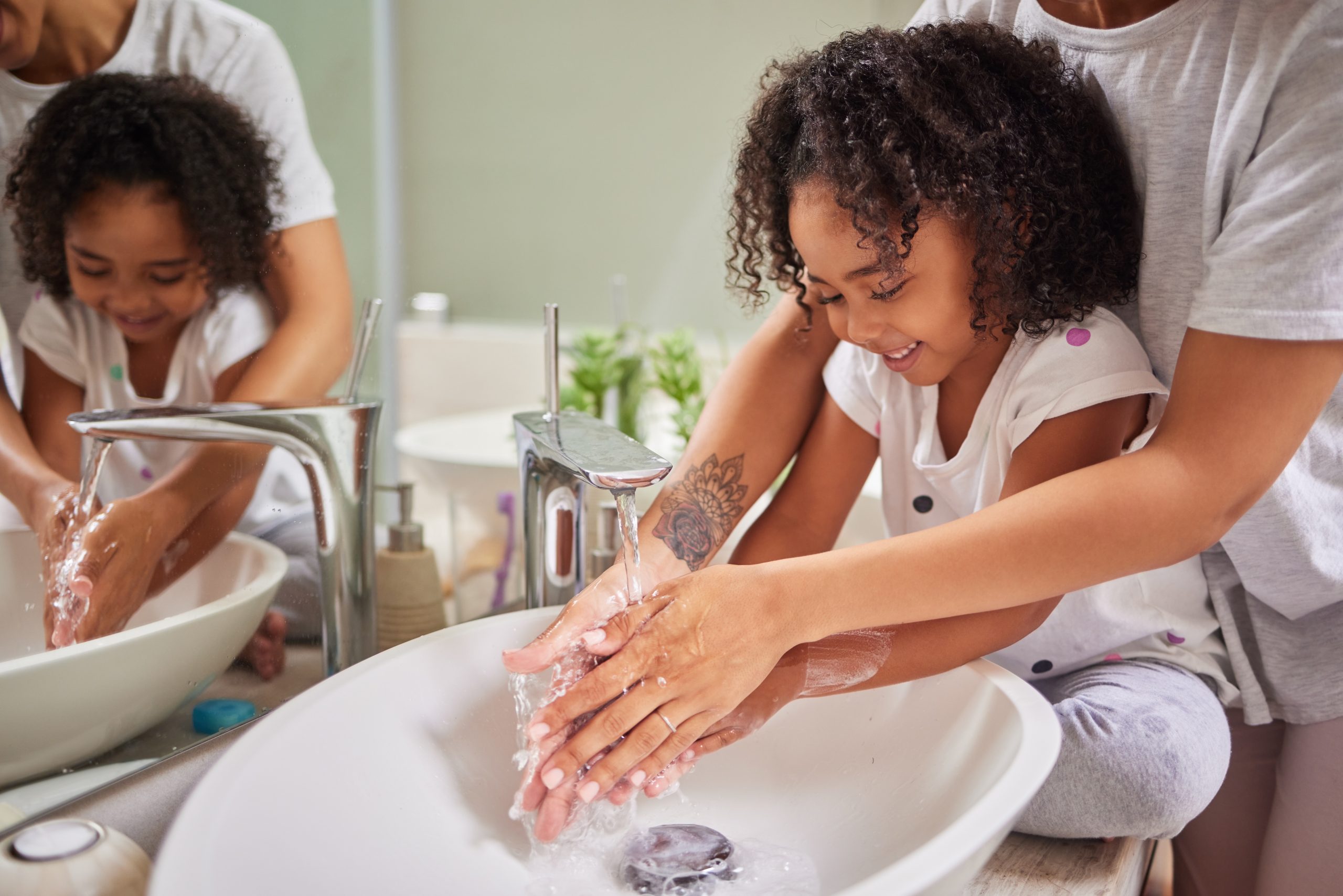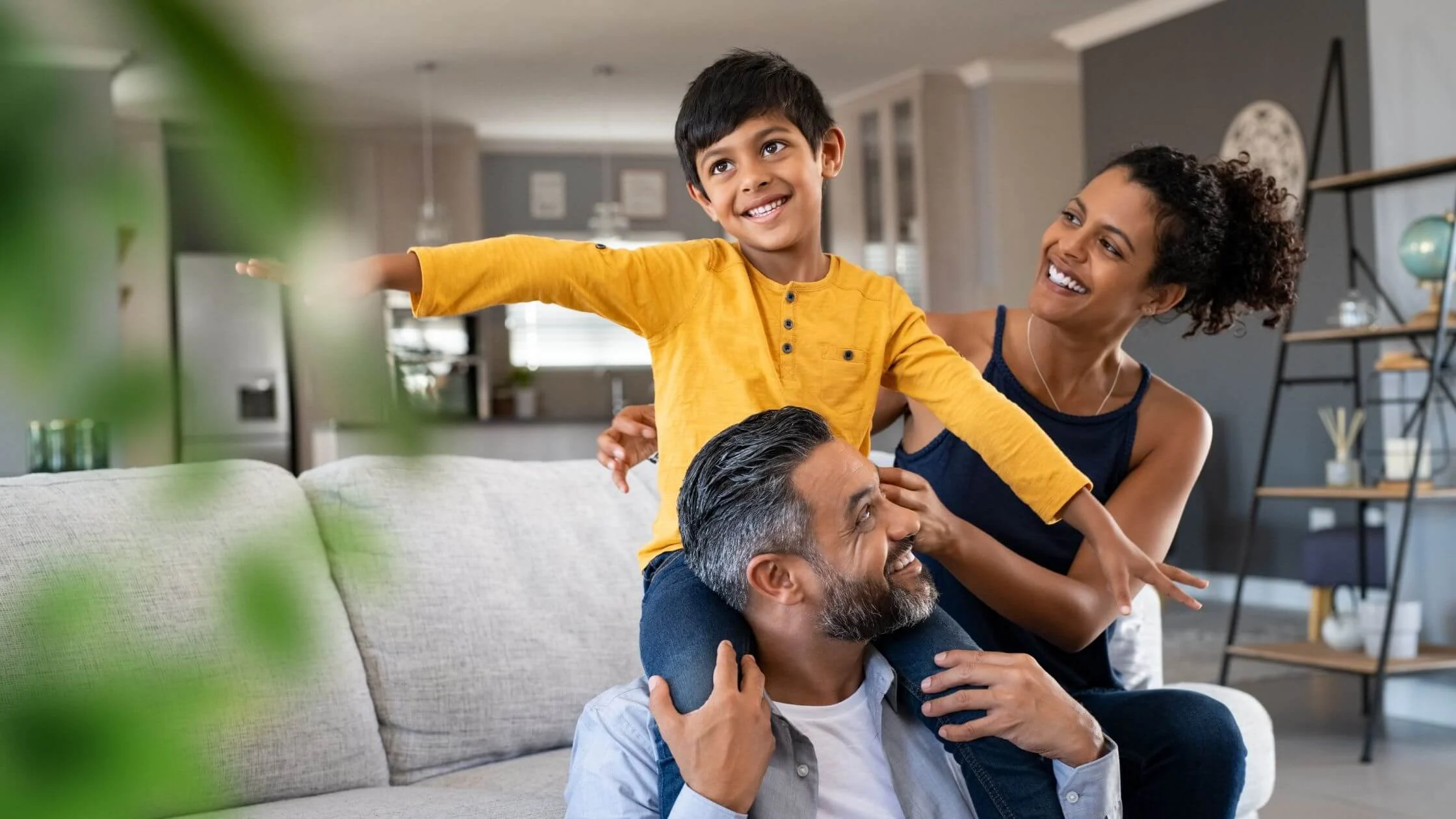Helping Kids Deal with Seasonal Allergies

When seasons change, many children start sneezing, rubbing their eyes, and feeling stuffy. These symptoms usually come from things like pollen, mold, and dust in the air. If your child struggles with seasonal allergies (also called hay fever), knowing how to manage symptoms at home and when to see a doctor can make a big difference.
Signs of Seasonal Allergies
- Sneezing
- Runny or stuffy nose
- Itchy, red, or watery eyes
- Coughing
- Feeling tired from poor sleep
Simple Ways to Help at Home
Allergies can be challenging. Here are some tips to help your child feel better:
- Limit time outside during peak allergy hours: Pollen counts are highest in the morning and late afternoon.
- Use air filters: An air purifier in your child’s room can help clear out allergens.
- Wash up after being outside: Have your child wash their hands and face after playing outdoors to remove pollen. (This tip also works great for kids who are allergic to furry friends – hand washing is key.)
- Change clothes after outdoor play: Pollen can stick to clothes and hair. A quick change and a shower can help.
- Keep bedding and stuffed animals clean: Wash sheets and soft toys often to get rid of allergens.
- Try saline nasal rinses: A simple saline spray can help clear out stuffy noses and help kids feel more comfortable.
- Consider over-the-counter allergy relief: Some antihistamines and nasal sprays are safe for kids but always check with your doctor first.
When to See a Doctor
If your child’s allergies don’t improve with home care, it may be time to see a doctor. Book an appointment if:
- Allergy symptoms are making it hard for your child to sleep or participate in daily activities.
- Your child frequently experiences ear or sinus infections.
- Over-the-counter meds don’t seem to help.
Your pediatrician might recommend allergy testing to find out exactly what’s causing the problem.
If your child’s allergies are affecting their daily life, don’t wait. Book an appointment with your pediatrician today to get the right plan in place and help your child feel better.
Schedule an appointment with your Pediatrician.






